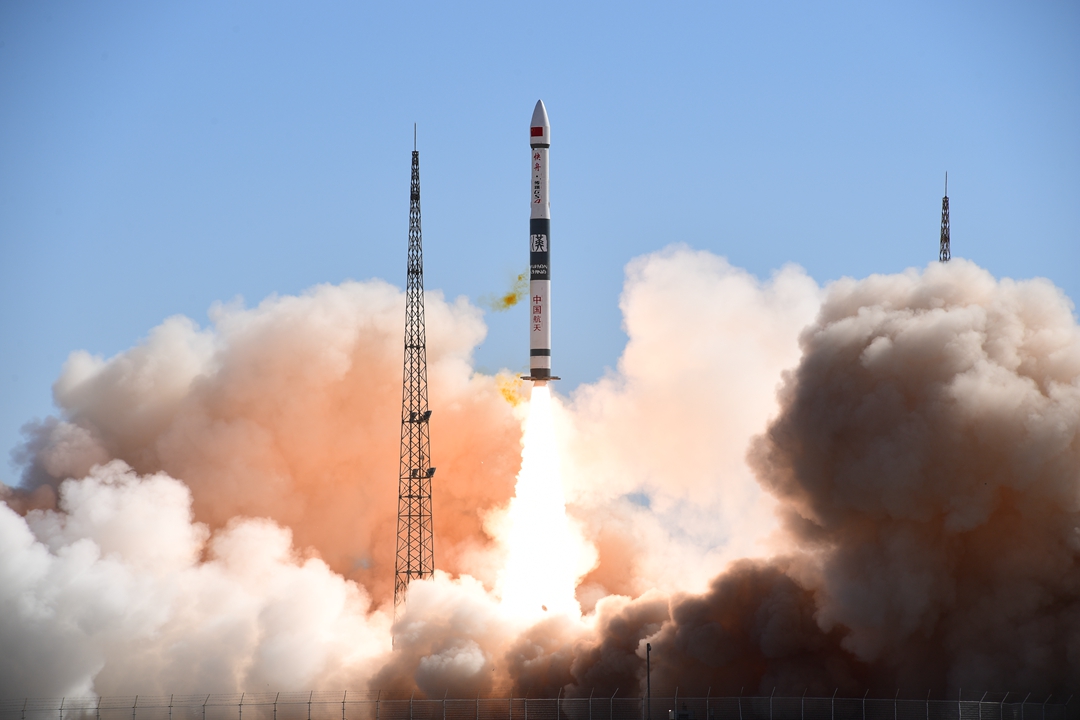Chinese Kuaizhou-1A rocket launches 2 satellites for the 'Internet of Things'
China launched the first two satellites in a new constellation that will support internet-connected objects today (May 12).
The satellites launched on an Expace Kuaizhou-1A rocket from Jiuquan Satellite Launch Center, located in northwestern China, according to a statement released by China Aerospace Science and Industry Corporation (CASIC), a contractor for the Chinese space program. The launch occurred at 9:16 a.m. local time (0116 GMT; 9:16 p.m. EDT on May 11).
The satellites aboard, Xingyun-2 01 and Xingyun-2 02, are the first in a planned constellation of 80 low Earth orbit satellites designed to support the so-called Internet of Things, which connects a host of sensors and everyday objects through wireless communications.
Related: Space companies are investing big in 5G technology
The 80-satellite constellation is planned for completion by 2023, according to another statement from CASIC.
Today's launch represents the ninth successful mission of the Kuaizhou-1A rocket, which first flew in January 2017. The vehicle used during today's launch honored medical workers and the city of Wuhan, where the current COVID-19 pandemic began in December. China has reported 4,600 deaths from the disease, according to data compiled by Johns Hopkins University.
The recognition was in part inspired by International Nurses Day, which is today. In China, today also marks the 12th anniversary of a devastating earthquake in Sichuan, which killed nearly 70,000 people, according to The Atlantic.
Breaking space news, the latest updates on rocket launches, skywatching events and more!
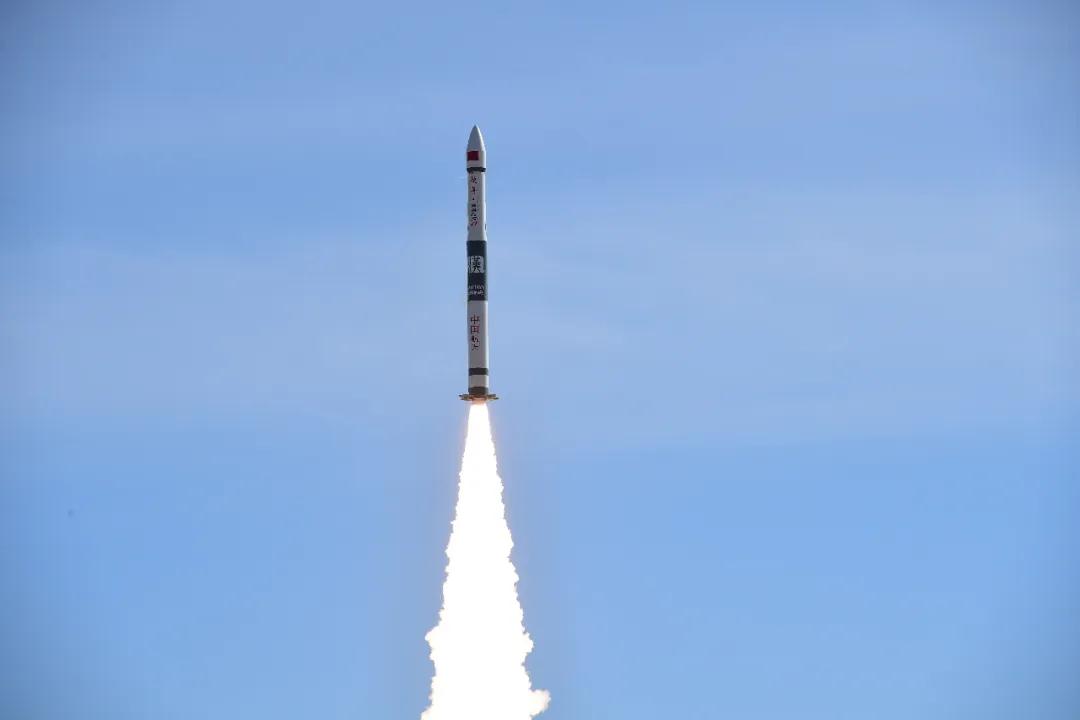

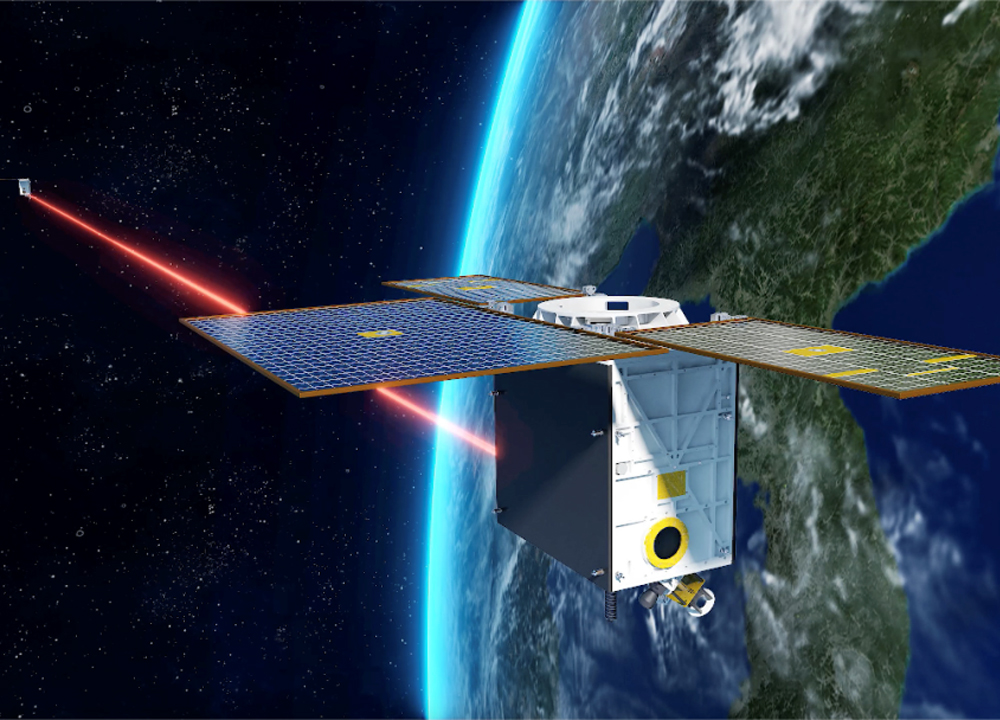
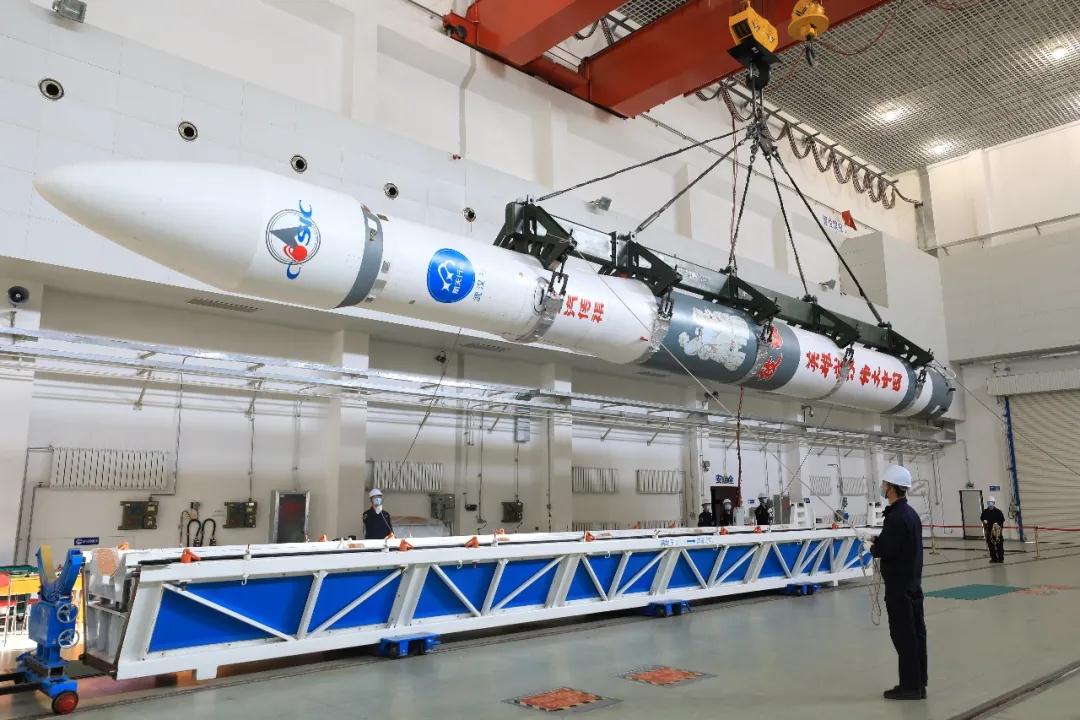
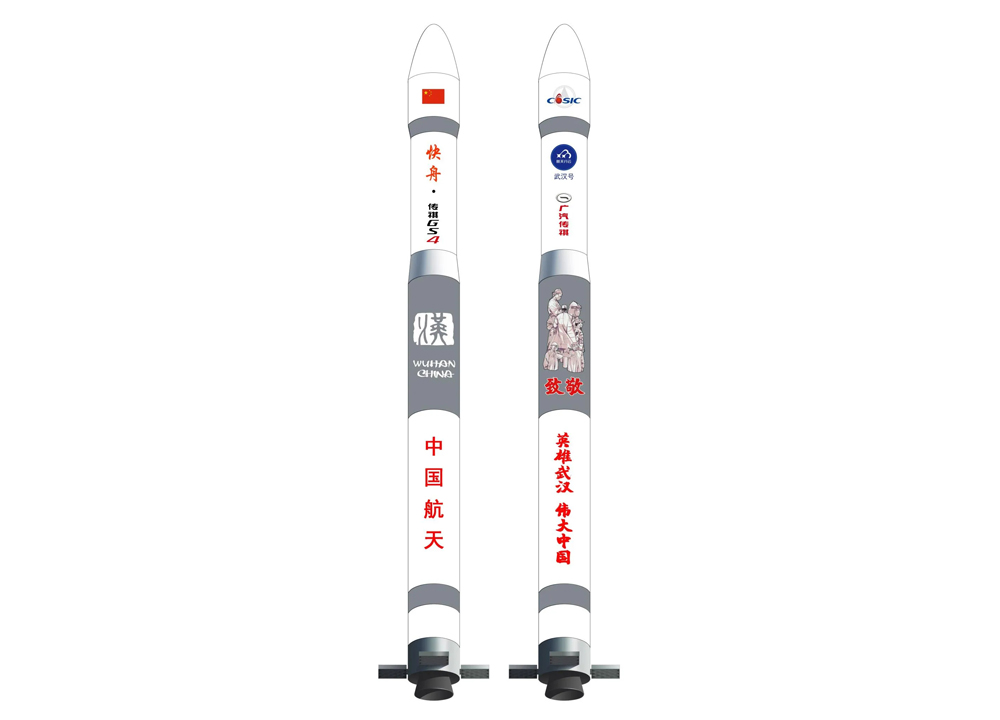
- Latest news about China's space program
- Russia and China are teaming up to explore the moon
- Photos from the moon's far side! China's Chang'e 4 lunar landing in pictures
Email Meghan Bartels at mbartels@space.com or follow her @meghanbartels. Follow us on Twitter @Spacedotcom and on Facebook.
OFFER: Save 45% on 'All About Space' 'How it Works' and 'All About History'!
For a limited time, you can take out a digital subscription to any of our best-selling science magazines for just $2.38 per month, or 45% off the standard price for the first three months.

Meghan is a senior writer at Space.com and has more than five years' experience as a science journalist based in New York City. She joined Space.com in July 2018, with previous writing published in outlets including Newsweek and Audubon. Meghan earned an MA in science journalism from New York University and a BA in classics from Georgetown University, and in her free time she enjoys reading and visiting museums. Follow her on Twitter at @meghanbartels.
